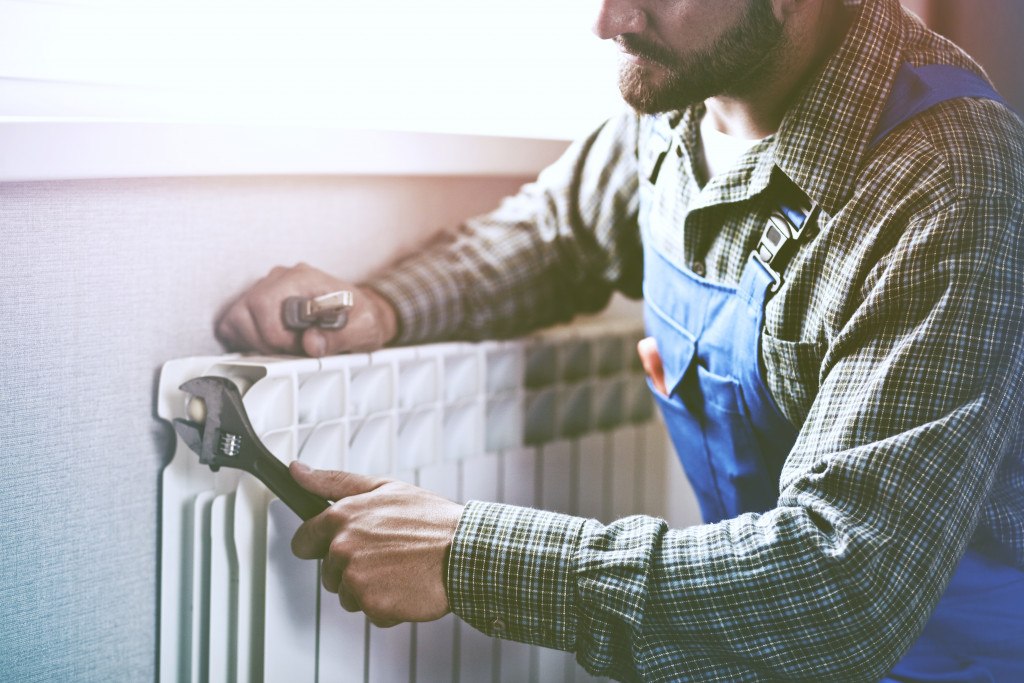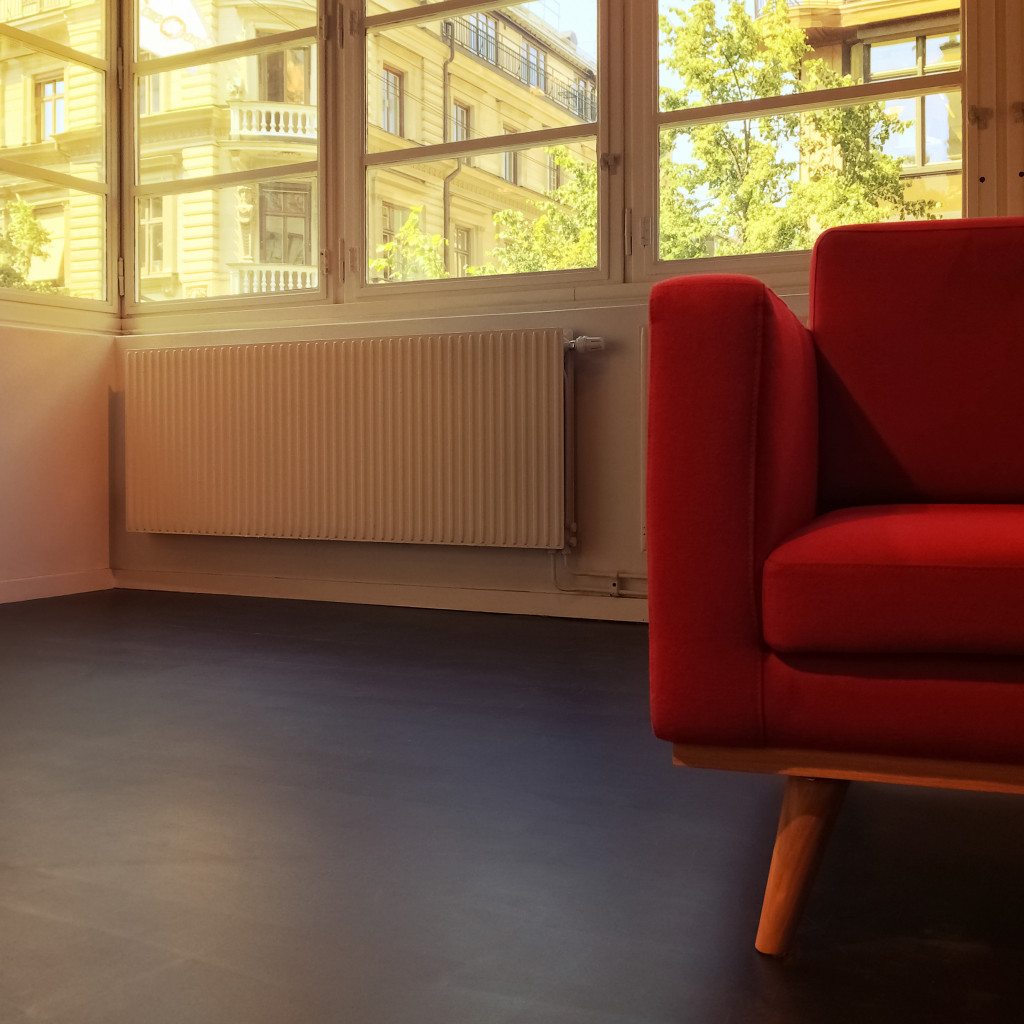Colder months have come again, and people are undoubtedly spending their time indoors, staying warm and cozy. While very convenient, heating systems also come with risks of fire hazards.
Heating is the second most common cause of fire and fire injuries in residential homes in the United States. Therefore, it’s vital to maintain heating equipment regularly and be aware of heating, ventilation, and air conditioning (HVAC) system issues.
Risks of Residential Heating Systems
Different systems have their risks, but here are some common ones across all heating systems:
Dirty Chimneys
Traditional fireplaces are very convenient but also very risky, especially if not maintained well. Carbon monoxide poisoning is the most dangerous thing that can happen to you next to eye and skin irritations. It can lead to respiratory problems and more chances of fire accidents.
Clean your chimney regularly and wear safety gear for your protection. If you haven’t had your chimney cleaned for a long time, it’s best to have it checked and cleaned by professionals, and you should do this at least once a year.
Overheating Space Heaters
Space heaters are shock hazards like any other electrical equipment. Since they use a lot of energy and electricity, they can overload circuits and cause fire or power issues. If you have pets and/or children, they can be more at risk since some space heater parts become hot over time.
Be careful not to touch a hot surface and place it where your pets or children cannot easily touch or knock them over. Keep flammable objects away from them, like clothes and paper, as well. Don’t leave it out for too long and unattended because it can cause overheating and fire.
Fuel Leaks
Any equipment that runs on gas or oil can be an increased risk of home heating hazards. Furnaces and gas heaters can produce and develop gas leaks that provide flammable substances into the room.
Whatever type of gas heating system—furnaces, wood stoves, etc.—can release a small amount of natural gas. This gas is invisible and odorless but can ignite through electrical sockets.
Very old fireplaces are running the risk of fire accidents and respiratory problems. Modern gas fireplaces are less risky and require lower maintenance. Although, they should still be maintained appropriately since they also can release negative gas and fire hazards. Generally, any exposure to gas and oil is something you don’t want to mess up.
Neglected Water Heaters
Water heaters are usually down in the basement or a crawlspace where these are stored. A faulty gas water heater has the potential to release carbon monoxide and can cause life-threatening conditions.
If not correctly maintained, fire hazards aren’t the only thing that can happen. Neglected water heaters can also cause large-scale flooding and explosion. Of course, some safeguards keep this from happening. Then again, if you ignore simple issues, these safeguards can lose their function.

Avoiding the Dangers of Heating Systems
Clearing the area around the heating system is a given basic. Heating systems need enough space for cold air to draw in and release hot air with the right concentration. Don’t block its airways with furniture and clutter, or the heater will overheat, and your items might catch fire. If left unattended longer, it can cause serious fire accidents and injuries.
Be aware of HVAC maintenance problems. A general heating system can lower its function and break down if you have it for a long time, just like any other appliance in your home. Some of its failures can result in severe consequences. You should be highly alert if you notice even what seems to be a minor problem.
Other Issues with HVAC Systems
If you’re hearing louder and unfamiliar noises coming from your air ducts, you should take a closer look at the system. An unmaintained filter can cause static pressure in your air system, making its performance faulty. Although it can come from weather changes, your ducts will run at a higher speed to catch up. Still, you should have it checked before costlier problems occur.
Sudden changes in your utility bills or drops in heating or cooling performance can be indications that there might be a problem in your system. Some issues can cause your system to perform inefficiently while still providing you heat. If you have a heat pump for a heating system, its compressor may fail. It will likely show up on your next utility bill, being higher than usual, whether electricity or gas.
Suppose that the heating or cooling performance drops and has nothing to do with weather changes. In that case, it’s time for a professional technician to take a look at the system.
Problems in heating systems are typical. Fire hazards and other life-threatening risks only happen if you neglect to maintain your heating equipment. As long as you’re aware and mindful of your safety, whatever equipment you have at home should be fine.

